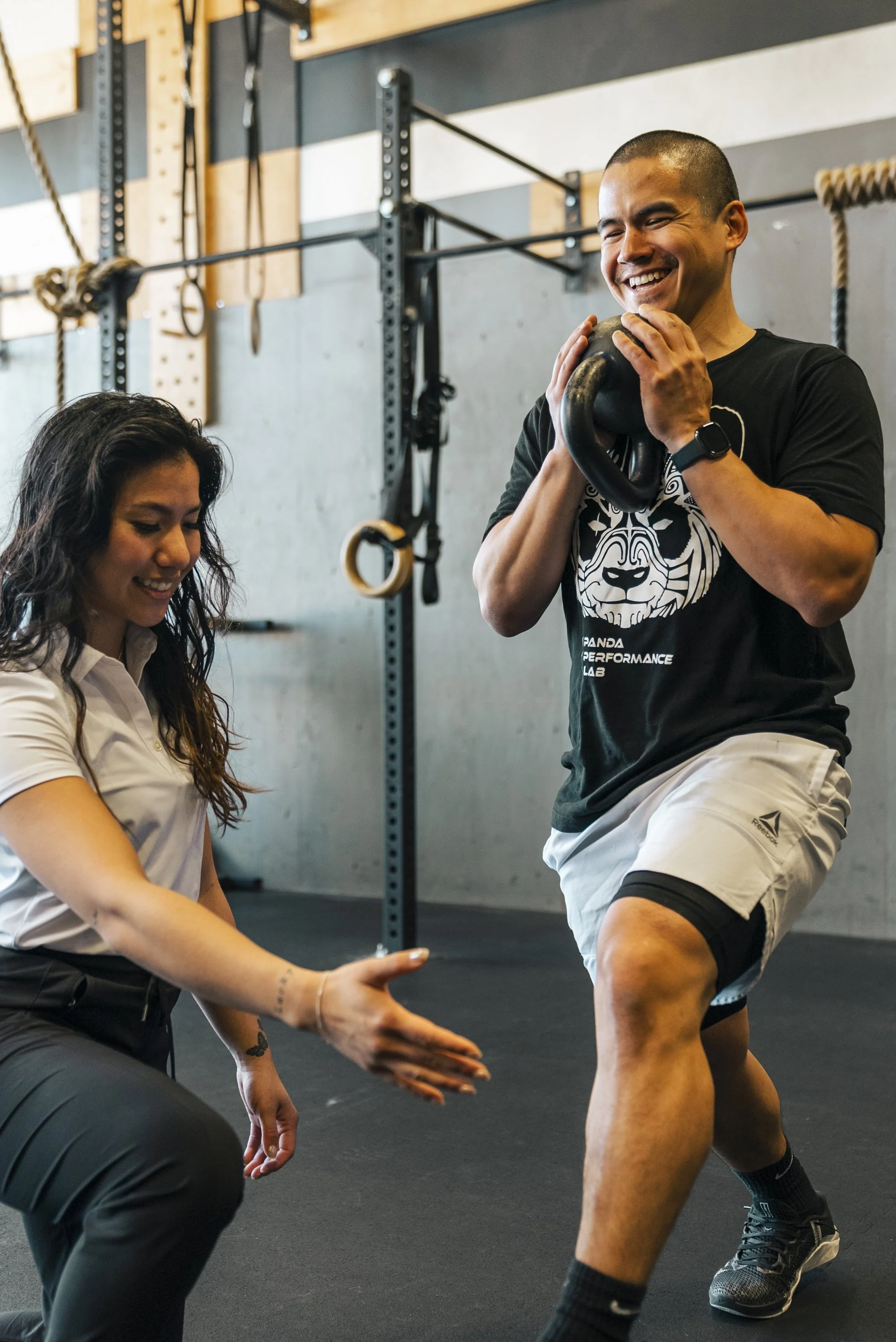
Physiotherapy
What is Physiotherapy?
Physiotherapy, often referred to as physio, is a specialized form of therapy aimed at improving physical function, preventing injuries, and helping individuals manage chronic conditions. Whether you're recovering from surgery, dealing with a sports injury, or looking for ways to improve mobility, physiotherapy can be a game-changer in your health journey.
How Physiotherapy Works
Physio focuses on assessing and treating a wide range of musculoskeletal and neurological issues. Through a combination of hands-on techniques, exercise programs, and education, this therapy promotes healing, enhances strength, and restores movement. By targeting physical function, physiotherapy helps you regain control of your body and prevent future injuries.
Who Can Benefit from Physiotherapy?
Physiotherapy isn’t just for athletes or those recovering from injuries. It’s also ideal for managing chronic conditions like arthritis, back pain, and tendonitis. Physio can be tailored to all ages and fitness levels, focusing on your unique needs to improve your quality of life.
Preventing Injuries with Physiotherapy
One of the key benefits of physio is its proactive approach. By identifying potential risks and addressing weaknesses, physiotherapy plays a vital role in injury prevention. Whether you’re an athlete aiming to stay in peak condition or someone looking to maintain day-to-day physical function, physio offers tools to keep your body strong and resilient.
Managing Chronic Conditions Through Therapy
Living with chronic conditions can be challenging, but physiotherapy provides a pathway to relief. With targeted therapy techniques, physio helps reduce pain, improve mobility, and enhance overall physical function. This therapy empowers individuals to take control of their health and lead more active lives.
Ready to take the first step toward better health? Physiotherapy is here to help you improve physical function, prevent injuries, and manage chronic conditions effectively. Reach out to learn how physio can transform your life!
WHY OUR TREATMENTS WORK:
Our physiotherapy treatments are effective because we take a holistic, personalized, and results-driven approach to patient care. By integrating evidence-based practices and innovative techniques, we tailor each treatment plan to align with the unique needs, goals, and lifestyle of every patient. Our highly skilled and experienced physiotherapists provide hands-on, manual therapy combined with targeted exercise programs designed to restore mobility, reduce pain, and enhance overall physical function.
We emphasize patient education, empowering individuals to understand proper body mechanics, posture, and exercise techniques to facilitate healing, improve performance, and prevent future injuries. Ongoing communication is at the heart of our care, ensuring that each patient feels supported, informed, and actively involved in their recovery journey. Our ultimate goal is to deliver the highest quality of care while achieving optimal outcomes, helping you get back to what you love—stronger, healthier, and more resilient than ever.
Conditions our Physiotherapists help with:
Musculoskeletal Conditions
Low Back Pain – Often caused by poor posture, herniated discs, or muscle strain.
Neck Pain – Linked to whiplash, poor ergonomics, or cervical spondylosis.
Shoulder Injuries – Includes rotator cuff tears, frozen shoulder, and impingement syndrome.
Knee Pain – Common conditions include patellar tendinitis, meniscus tears, and arthritis.
Ankle Sprains – A result of ligament injuries from twisting or rolling the ankle.
Hip Pain – Includes bursitis, labral tears, and arthritis.
Tennis/Golfer’s Elbow – Overuse injuries of the tendons around the elbow.
Carpal Tunnel Syndrome – Compression of the median nerve in the wrist.
Plantar Fasciitis – Heel pain caused by inflammation of the plantar fascia.
TMJ Dysfunction – Jaw pain and mobility issues affecting chewing and speaking.
Sports Injuries
ACL Tears – Ligament injuries in the knee common in high-impact sports.
Hamstring Strains – Overstretching or tearing of the hamstring muscles.
Shin Splints – Pain along the shin bone due to overuse or improper footwear.
Achilles Tendinitis – Inflammation of the Achilles tendon from overuse.
Neurological Conditions
Stroke Rehabilitation – Regaining mobility, strength, and function post-stroke.
Parkinson’s Disease – Improving balance, gait, and motor function.
Multiple Sclerosis – Managing fatigue, muscle weakness, and spasticity.
Chronic Conditions
Arthritis – Reducing stiffness and improving joint mobility for osteoarthritis or rheumatoid arthritis.
Fibromyalgia – Managing chronic pain and improving physical function.
Chronic Pain Syndromes – Tailored therapies to address persistent, long-term pain.
Each of these conditions benefits from the targeted, individualized care that physiotherapy provides, focusing on restoring movement, preventing injuries, and improving overall quality of life.
Physiotherapists utilize a comprehensive and evidence-based approach that integrates manual therapy, exercise therapy, electrotherapy, and advanced therapeutic modalities to address a wide range of physical impairments and conditions. Through hands-on techniques such as joint mobilizations, soft tissue manipulation, and stretching, they promote tissue healing, alleviate pain, and enhance flexibility. Exercise therapy, a cornerstone of physiotherapy, focuses on building strength, improving endurance, and restoring functional movement patterns tailored to each patient’s needs.
In addition to these methods, physiotherapists often incorporate cutting-edge technologies like ultrasound therapy, laser therapy, and electrical stimulation to accelerate recovery, reduce inflammation, and optimize mobility. Collaborating closely with patients, they perform detailed assessments to identify the root causes of discomfort and dysfunction, then design highly personalized treatment plans to set realistic yet ambitious recovery goals. The ultimate aim is to help patients regain independence, achieve their maximum physical potential, and enhance their overall quality of life, ensuring long-term health and resilience.



